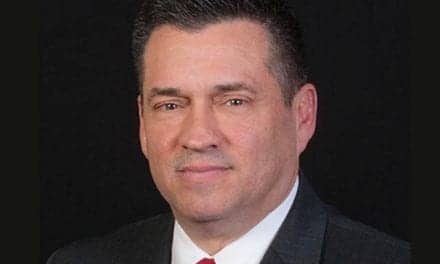.png)
The CPT HCPAC is comprised of the chair of the CPT Editorial Panel and 16 non-physician practitioner specialty advisors. The release notes that as one of two HCPAC representatives, in her new position Davidson will represent issues relating to codes used by non-physician practitioners at panel meetings. “It is an honor to be the first occupational therapist on the CPT Editorial Panel to represent the interests of my colleagues in all non-physician specialties,” Davidson says.
The release notes that Davidson holds a PhD in human development from Virginia Tech, an MS in infant child mental health from Johns Hopkins University, and a an MA in occupational therapy from New York University. Davidson specializes in head injury, cognition, visual perception, and participation, and is an ORISE Faculty Fellow at the Army Surgeon General’s Office, Rehabilitation and Reintegration Division.
Davidson says that she believes her election to the panel reflects the respect health care professionals have gained for the field of occupational therapy and the acknowledgement of occupational therapists’ contribution to complex health care systems. “It is also recognition of the work AOTA has done on the advisory panel for many years,” Davidson adds.
According to the release, CPT is used throughout the US as the preferred system of coding and describing health care services and is used in federal programs, including Medicare and Medicaid. The goal of the CPT Editorial Panel is to meet and revise, update, or modify CPT codes, descriptions, rules, and guidelines, and discuss issues linked to new and emerging technologies and difficulties encountered with procedures and services in relation to CPT codes.
Source: AOTA




